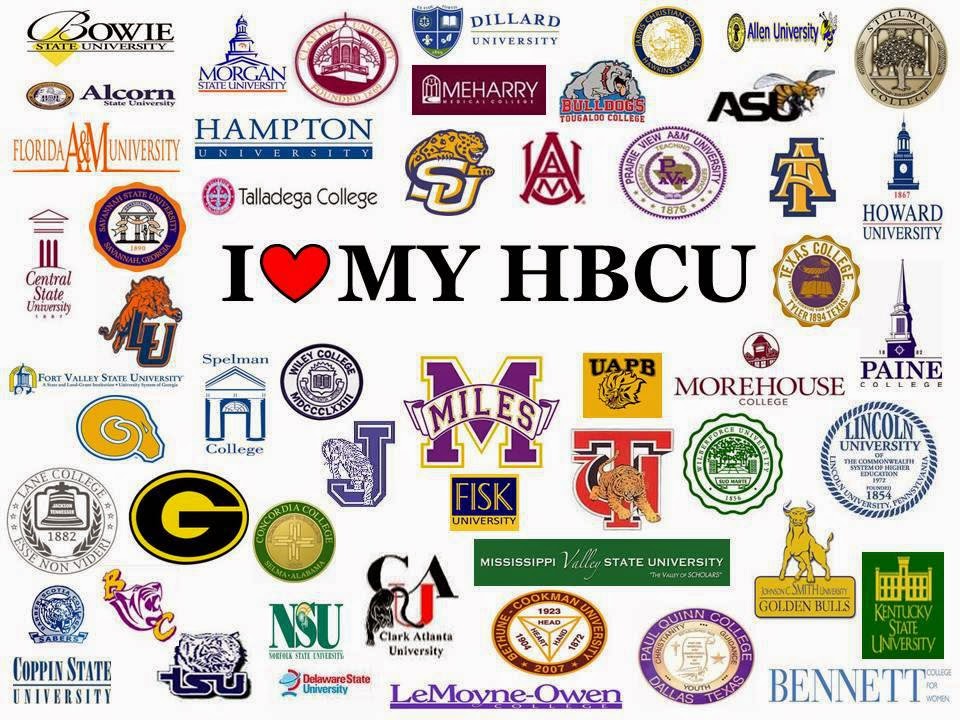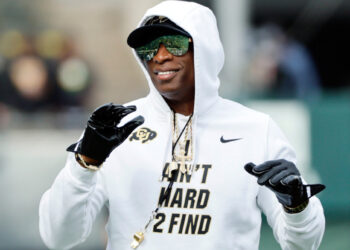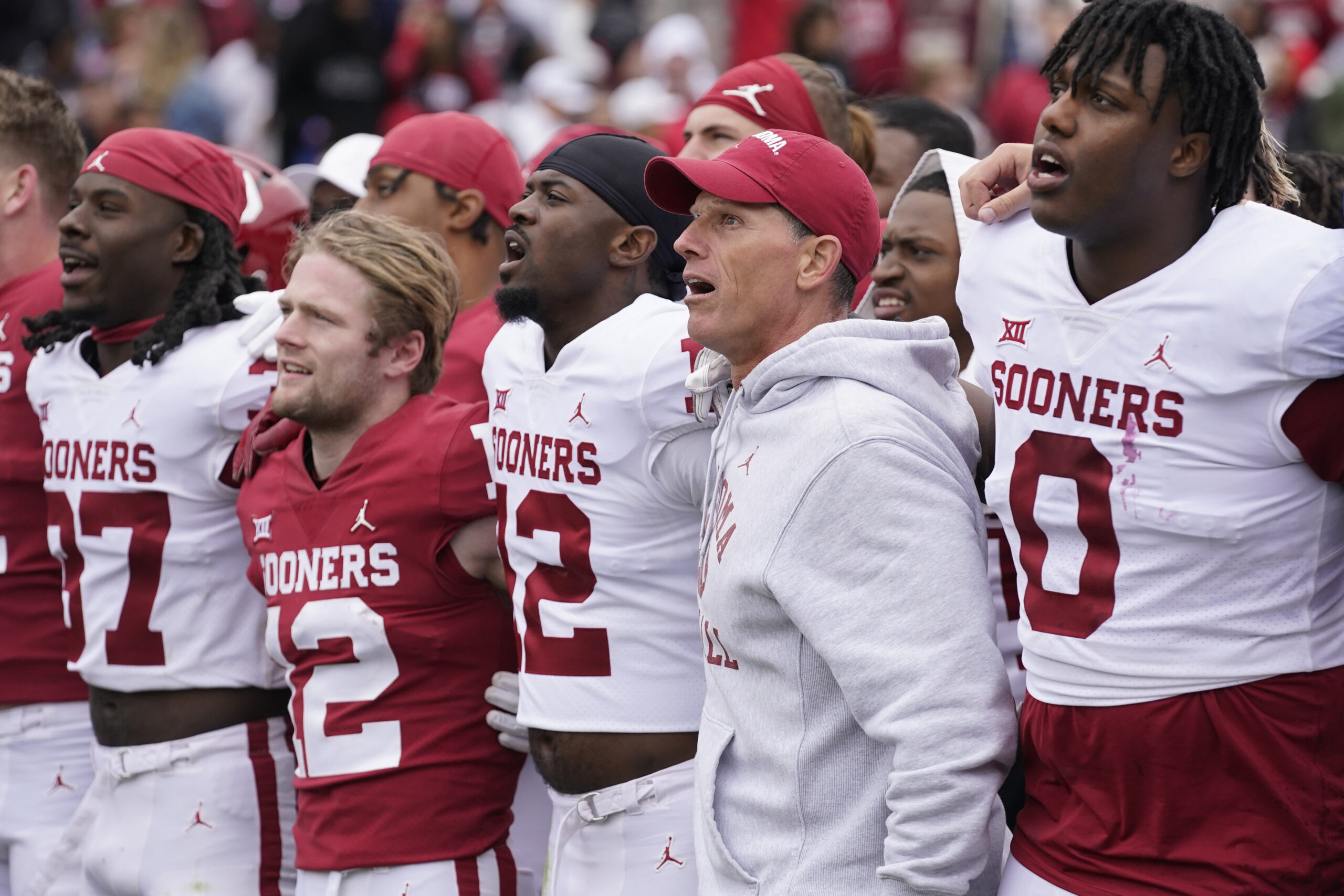By: Zachary Draves
In the light of the recent bomb threats against various Historically Black Colleges and Universities (HBCUs), this ultimately reinforces the current state of race in this country and it is sickening given that we just began Black History Month.
With voting rights under assault, a lack of federal police reform, black history being suppressed in schools, the police shooting of Amir Locke in Minneapolis, the legitimacy of an eventual black female Supreme Court nominee being questioned, and with affirmative action hanging in the balance just to name a few, these acts are the latest example of a vicious and ongoing backlash towards the movement to protect black lives.
Furthermore, these bomb threats can also been seen as an attempt on the lives of not just black students, faculty, and administrators, but also black athletes who have over the last few years have decided to attend HBCUs.
For decades, HBCUs have been a pipeline for black athletic talent to the professional and international stage and lately we have seen a new movement of black athletes deciding to uplift the profile of these storied institutions.
Two of the most high profile examples include:
- In 2020, five star basketball recruit Makur Maker skipping college powerhouses like UCLA and Kentucky and going to Howard University in Washington DC.
- This past year Travis Hunter, the number one high school football prospect in the country, de-committed from Florida State in favor of Jackson State University in Mississippi to play under NFL legend Deion Sanders, whose built Jackson State into a perennial national contender.
HBCUs also have a rich sporting history producing legends such as NBA legend Earl “the Pearl” Monroe (Winston-Salem State University), Olympic legend Wilma Rudolph (Tennessee State University), and NFL legend Walter Payton (Jackson State University) to name a few.
In addition to Deion Sanders, we are seeing more former athletes turned coaches take their guidance to HBCUS such as Kenny Anderson (Head Men’s Basketball Coach at Fisk University), Cynthia Cooper-Dyke (Head Women’s Basketball Coach at Texas Southern University), and Eddie George ( Head Football Coach at Tennessee State University).
Despite this legacy, HBCUs have generally struggled to recruit top athletic talent as opposed to Predominately White Institutions (PWIs) and much of that is stemmed from decades of racial and educational inequality where the billions of dollars that are generated from college sports and the fat contracts with the major TV networks have overwhelming been given to PWIs.
Former college basketball player and co-founder of the organization HBCU Heroes George Lynch spoke of the character and resiliency of HBCU students in the midst of longstanding systemic underfunding.
“HBCUs have some of the most loyal students” he said.
“Their asked to do with limited resources what students at PWIs do.”
But now we are seeing the tide turn a bit where black athletes are taking control of their destiny and going to schools that have long been a safe haven for black students as well as bastions of economic and educational empowerment for black communities.
As a result, these bomb threats can certainly be looked at as part of a deadly backlash towards black empowerment and social mobility, which is nothing new.
Olympic hammer thrower and social activist Gwen Berry, who is currently earning a degree in Public Health at Tennessee State, echoes that sentiment.
“I think those bomb threats are in response to these athletes taking their talents to HBCUs” she said.
“This is about power and control.”
The FBI is currently investigating these bomb threats that have targeted at least 28 HBCUs going back to January 1st and determining whether or not these were racially motivated.
But if we are going to be honest, we don’t need an FBI investigation to remind us of what we already should know and that is these were certainly racially motivated acts of attempted murder.
Anyone who tells you that we are living in some sort of “post racial society” is delusional.
The fact remains that anti-black racism and white supremacy has been normalized and intensified.
“The last four or five years has shown the ugly side of the United States” said Lynch.
This should also serve as a litmus test for those who relish in black athleticism, talent, style, and aesthetic but put little to no priority on protecting black life.
How can you support black athletes but not black people?
If those folks remain silent on this attempted act of racial terrorism but claim to love their favorite black athletes, that’s all we need to know about who they are.
As for the future of HBCUs, the possibilities are endless and that includes their sports programs.
“More athletes will consider HBCUs” says Lynch.
“Being exposed through social media and increased recruiting by coaches levels the playing field a bit.”
Black colleges, black education, black excellence, black talent, and black lives matter.


 NFL
NFL






Comments 1